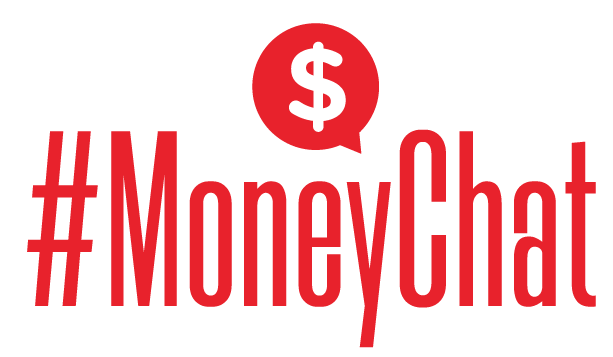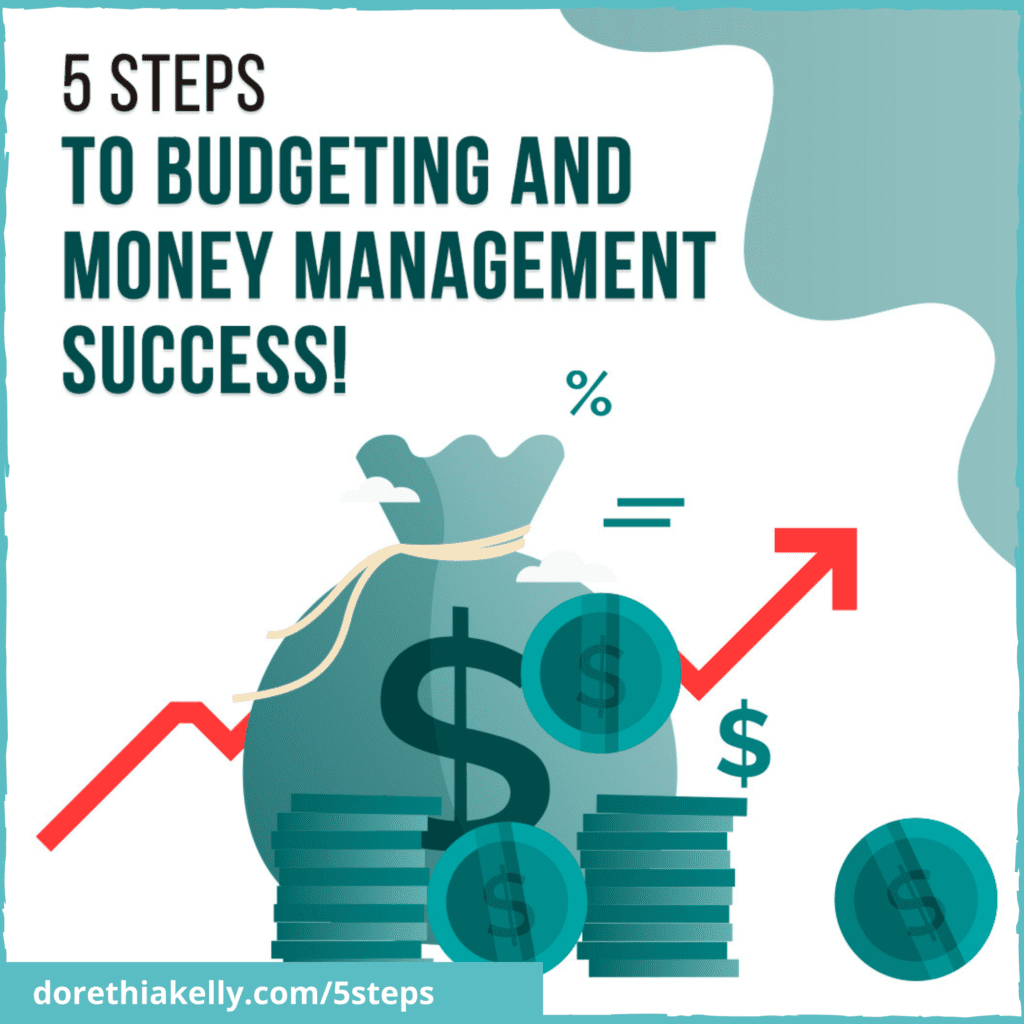Quitting your 9 to 5 job can be exciting and scary at the same time. You’re giving up something secure for a business that may or may not succeed. It’s a gamble, but it’s a gamble millions of people take every day.
While the thought of leaving behind a stressful or unfulfilling role can be exciting, it’s essential to plan carefully before making the leap. Whether you’re transitioning into entrepreneurship, switching careers, or simply taking a break, here are five key things to consider before you resign.
5. Steps to Take Before Becoming a Full-Time Entrepreneur
Before you quit your full-time job, take these steps to ensure you’re ready.
1. Look at Your Finances
Before you quit your job, make sure you’re set financially. Do you have at least 6 – 12 months of expenses set aside? A business doesn’t offer predictable income like a 9 to 5 job does. What will you do during downtimes?
Make sure you are financially secure before giving up the security of your regular income. In addition to your emergency fund, you should have a rainy day fund set up for unexpected expenses that pop up too.
2. Check Your Business’s Status
Don’t quit your job until your business is well-established. While it’s a lot of work to keep a full-time job and start a business, you need the security of the regular income. While you get your business up and running, you’ll have up and downtimes, but knowing you have your regular income coming in helps. This is when you should be funding your savings to prepare for quitting your job.
Do you have consistent revenue? Have you proven that your business model works? Many entrepreneurs start their businesses as side hustles before going full-time. If your business is already generating income, but not quite enough, you may want to consider part-time work or freelance opportunities to supplement your finances.
3. Find Health Insurance
When you don’t work for a large employer, you won’t have health insurance. It will be on your shoulders to find it. If it’s just you that you must insure, you can look at the Healthcare Marketplace. Depending on your income, you may qualify for tax credits to help cover the cost.
If you are in between the marketplace and your employer’s insurance, you can take on a short-term insurance policy, but work on a longer-term solution in the meantime. Options include COBRA (though it can be expensive), joining a spouse’s plan, or purchasing insurance through the Health Insurance Marketplace. If you’re becoming self-employed, check if you qualify for a lower-cost plan based on your income.
4. Save For Retirement
Even though you’re focusing on your new business, never stop saving for retirement. Since you don’t have an employer sponsoring an account any longer, open an IRA or a Solo 401K. Make regular contributions, no matter how small. Every dollar you contribute today will be worth more tomorrow so don’t assume any amount is too small.
5. Make Sure You’re Emotionally Ready
It’s a big deal to quit your full-time job, especially if you’ve been there a long time. Quitting a job isn’t just a financial decision—it’s an emotional one, too. Are you mentally prepared for the uncertainty that comes with a career transition? Check in with yourself and make sure you’re ready for the major physical and emotional changes going from working for someone to working for yourself creates.
Leaving behind colleagues, a steady paycheck, and the structure of a traditional job can be stressful. Make sure you’re ready to handle the highs and lows of this change, and surround yourself with a support system to help you navigate the transition.
Summary
Quitting your full-time job can be the best day of your life. It’s a sign you’ve hit financial freedom and can do what you want. Since no business is guaranteed to flourish, make sure you have enough money set aside to get you through up to a year’s worth of expenses.
It’s also a good idea to diversify your income, bringing in other streams of income from passive investments or other active gigs to ensure you always have enough money for your lifestyle and future.













0 Comments